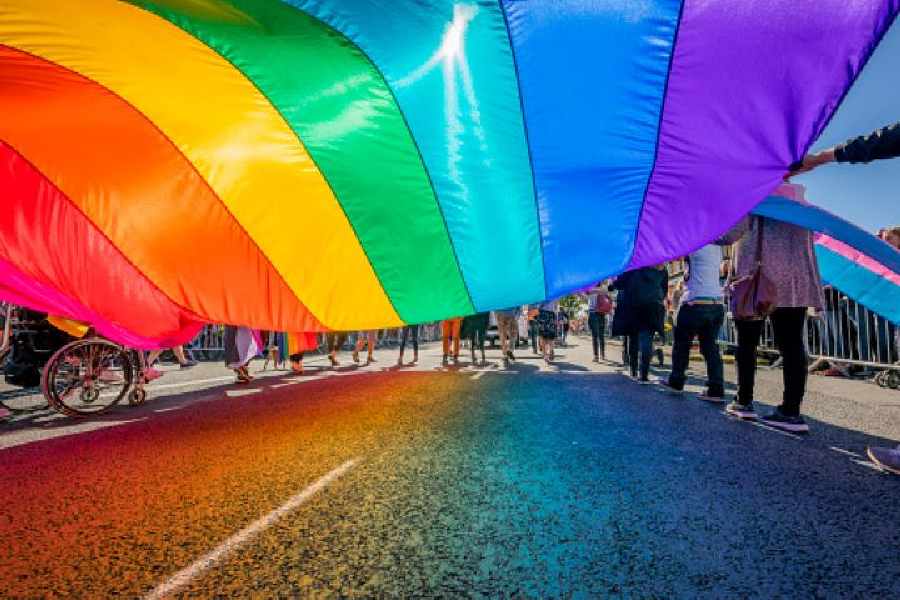Calcutta, according to the National Crime Records Bureau, is the safest city for women in India. Yet, it is also the city where sexual minorities are the most unsafe. A recent study published in BMC Public Health and conducted in six metropolitan cities in India found that 80% of men who have sex with men have faced either physical, verbal or sexual violence in Calcutta. A different research paper published in the Journal of Informatics Education and Research earlier this year had revealed that 73% of lesbians in Calcutta have faced some form of discrimination, violent or otherwise. Unsurprisingly, the burden of being a sexual minority is compounded by other kinds of socio-economic factors — men and women from marginalised, low-income families are 83% more likely to face violence and Muslim men are 2.6 times more likely to suffer abuse than Hindu men. The data evidently strike a blow to Calcutta’s self-congratulatory claim of being one of the most emancipated metropolises when it comes to the rights of the LGBTQ+ community.
The study in BMCPH conjectured that one of the main reasons for the violence and discrimination against sexual minorities could be attributed to their portrayal in popular culture — gay men, especially, are shown to be effeminate and cunning. This calls for a moment of introspection. The liberalisation of entertainment — the explosion of over the top media services is its latest manifestation — may have democratised popular content and its consumption but it has not led to the dismantling of embedded societal prejudices. Perhaps an even more grave threat to gay men is the legal impunity enjoyed by their aggressors. When the Supreme Court had ‘read down’ Section 377 and decriminalised homosexuality, it had retained the provision that covered the rape of men and transgender people. But the Bharatiya Nyaya Sanhita, which replaced the Indian Penal Code, has done away with this provision. Law enforcement agencies consequently remain indifferent. Even if members of the community complain of grievous transgressions, reports show that the police are often insensitive or impervious to their pleas: the popular — twisted — portrayal of this community being overtly sensitive leads the authorities to dismiss their complaints according to one researcher of the JIER study. Socio-economic marginalisation further reduces the chances of redressal of their complaints. The Union government has contended in the apex court that same-sex marriages go against Indian culture. What chance do LGBTQ people have when the State is complicit in their subjugation?











